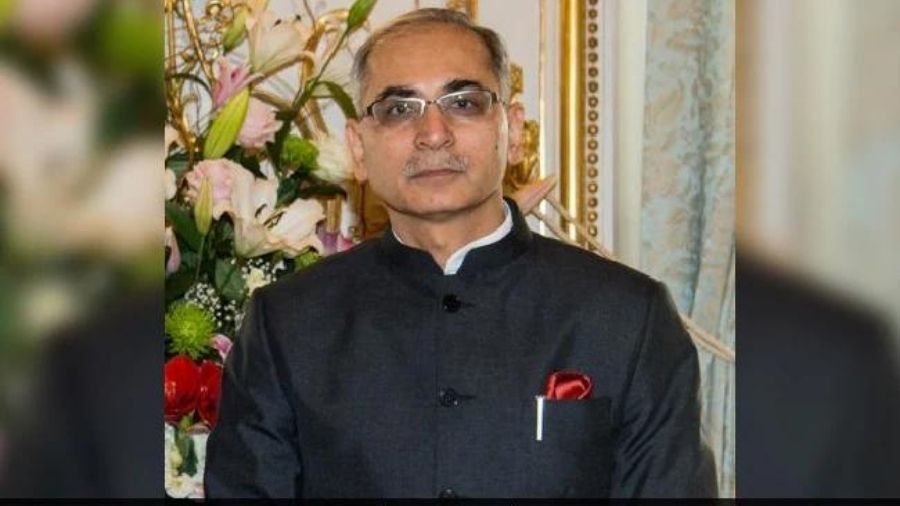During a visit to Kathmandu earlier this week, the foreign secretary, Vinay Mohan Kwatra, met his counterpart, Bharat Raj Paudyal, and agreed to work together on the long-term export of power from Nepal’s hydroelectric plants to India as well as development aid from New Delhi. Although the official discourse from such visits can often read like a list of what Kathmandu seeks from New Delhi, the reality is far more complex. While few nations depend as much on India as landlocked Nepal does, New Delhi’s sense of strategic leadership in its neighbourhood also relies heavily on the role Kathmandu plays in that dynamic. It is in that context that Mr Kwatra’s visit assumes significance, at a time when Nepal and its relations with the world are in some churn. The country has just elected a new government, a seemingly unwieldy coalition led by the Maoist leader, Pushpa Kamal Dahal, or Prachanda, whom India knows well. Meanwhile, in addition to China, the United States of America has also significantly raised its engagements with Nepal with multiple recent trips by senior diplomats. While the US and India might be aligned in their shared concerns over China’s rise, New Delhi has always been wary of external actors playing an independent, major role in its immediate neighbourhood. Within South Asia, Nepal has always held a unique place in India’s strategic calculus.
For all his talk of prioritising the neighbourhood in his foreign policy, Prime Minister Narendra Modi has visited major powers to the West and East far more often than he has travelled to South Asian nations — except for Nepal, which he has visited five times while in office. Nepal is also among the few countries where India — which otherwise champions non-interference in the internal affairs of nations — dabbles in domestic politics fairly openly. Mr Kwatra, for instance, met not just the president, the prime minister and members of the government but also leaders of multiple Opposition parties during his visit. That approach has, at times, led to an overreach that has backfired on several occasions in recent years, such as when India effectively enabled a blockade of Nepal over disagreements about the country’s new Constitution. With Kathmandu wooed by multiple partners, New Delhi must tread carefully. Last May, Mr Modi had compared the stability of India’s relations with its northern neighbour to the Himalayas. He must choose his metaphors carefully, for underneath the giant mountain range also lies a dangerous fault line.











